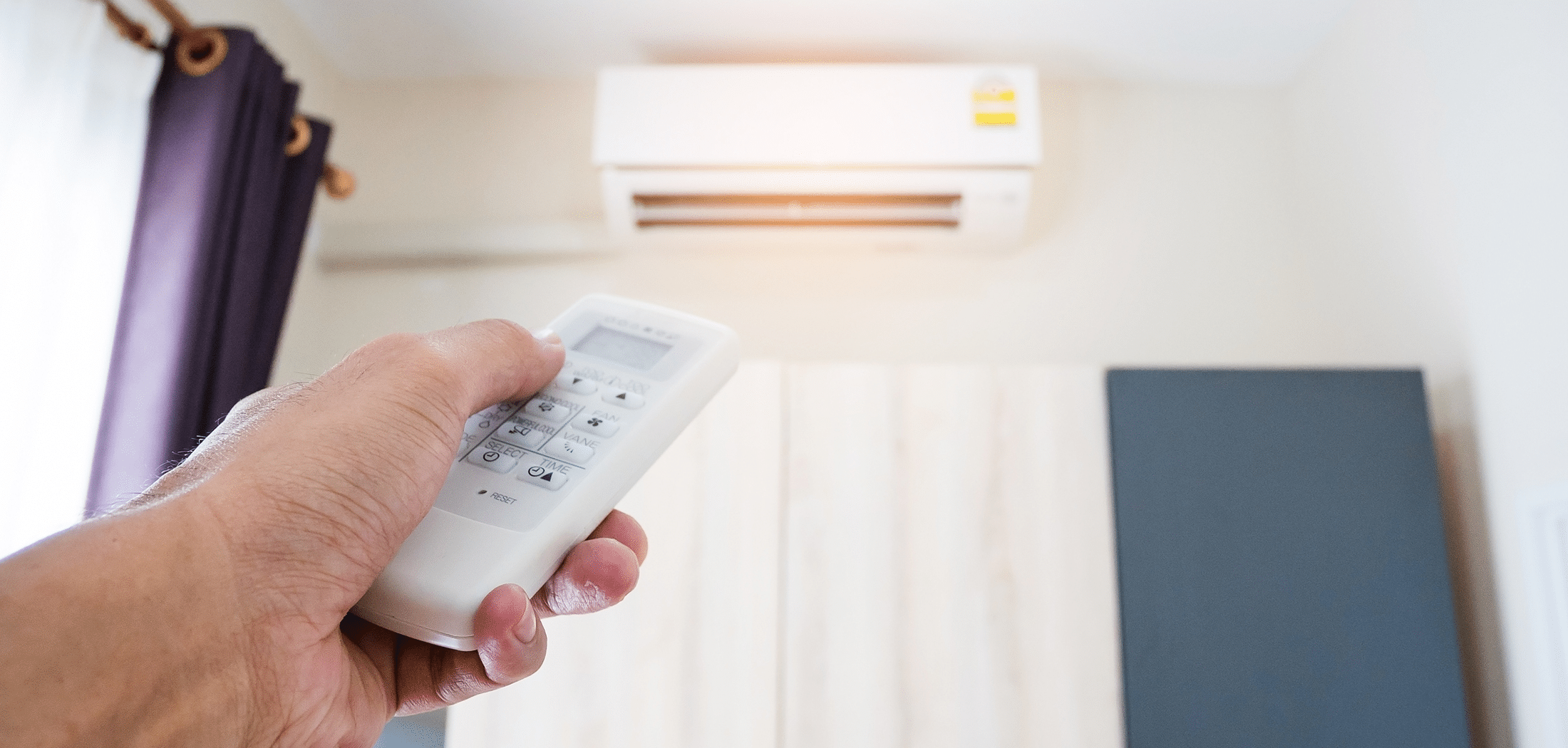
Our world is getting warmer. In the depths of a frigid Canadian winter, that may not seem like such a bad thing. But the effects of global warming are uneven and largely undesirable.
An increase in the world’s average temperature by a couple of degrees does not mean that our winters will simply be milder and that our summers will be longer. Instead, climate change increases the risk and intensity of extreme weather events, including heat waves.
While no one enjoys uncomfortably hot days – especially if they last for weeks without respite – these events can seriously impact the health and well-being of certain people. In this blog post, I discuss the adverse health effects of extreme heat on seniors, note the steps our government has taken to protect the most vulnerable among them and explain why more work needs to be done.
Extreme heat and the elderly or infirm
Older adults, young children and people with some medical conditions have a greater risk of experiencing heat-related illnesses and death than the general population. Certain factors that exacerbate heat sensitivity are more common in these groups. For older adults, these include:
- changes in the skin from normal aging, including reduced thermal sensation
- taking multiple prescription medications
- taking certain medications, such as diuretics, tranquillizers, sedatives, and some heart and high blood pressure medicines that can reduce the body’s ability to regulate its temperature
- having a higher perspiration threshold
- having diabetes or cardiovascular, lung, and/or kidney diseases
- having any illnesses that cause fever
- unknowingly becoming dehydrated
- being significantly overweight or underweight
Beyond the physical factors that put older adults at greater risk of heat-related illnesses, environmental factors may contribute to putting seniors in situations where they are more likely to be exposed to extreme heat. These include:
- living in urban centres that are prone to becoming “heat islands”
- living in densely situated low-rise buildings where heat and humidity are more likely to become trapped
- living without air conditioning or fans.
Older adults affected by unmitigated extreme heat generally experience one or more of the following heat-related illnesses:
- heat syncope – sudden dizziness that may cause a person to feel faint and lose balance
- heat cramps – muscle spasms
- heat edema – swelling ankles
- heat rash – itchy skin that develops from heavy perspiration that may become infected
- heat exhaustion – feeling dizzy, nauseous, weak, or uncoordinated, significant perspiration, cold and clammy skin, and potentially a rapid pulse
- heat stroke – when the body’s temperature rises above 40 ℃ a person may experience fainting, confusion, flushed skin, inability to sweat and an unusually strong (rapid) or weak (slow) pulse
The secondary effects of these heat-related illnesses can cause injury or death in seniors due to falls, cardiovascular events or organ failure. As of 2018, rapidly warming temperatures in Canada have led to a 58-per-cent increase in average annual heat-related mortality for people over the age of 65, compared to a baseline established from 2000 to 2004.
Protecting Seniors
With a rapidly aging population, more seniors in Canada than ever must contend with increasingly frequent extreme heat events. Recognizing the impact of global warming and the vulnerability of older adults to prolonged heat exposure, the Ontario government mandated that air conditioning be present in all long-term care facilities by 2022. Although 90 facilities missed the deadline, by mid-2023, a Ministry of Long-Term Care review found that only nine long-term care homes continue to be in breach.
Previously, Ontario mandated that every LTCH (Long Term Care Home) licensee must only “ensure a written hot weather related illness prevention and management plan for the home.” If central air conditioning was not available, the home was required to have at least “one separate designated cooling area for every 40 residents.”
With LTC residents frequently immobile or unable to communicate that they were experiencing distress from unbearable temperatures, the lack of air conditioning in residents’ rooms led to significant complaints. When the COVID-19 pandemic forced some LTCHs to turn off or remove fans used to cool rooms in order to prevent virus transmission, it became a crisis. Some family members resorted to using cool, damp towels to keep their loved ones from overheating amidst a summer heatwave.
More Work Needed
Although recent reports of 99 per cent compliance in LTCHs are encouraging, there are still problems.
First, an LTC resident may have an individual plan of care that calls for their room temperature to fall within a set temperature range. If an LTCH has central air – especially if it’s a retrofit on an older building – there may be issues ensuring these guidelines are followed. Someone who is bed-bound may need a warmer temperature in a room because they don’t have the ability to mobilize and regulate their body temperature. People with lower blood circulation require more consistent temperatures.
Second, if a resident has an individual unit in their room, who is responsible for adjusting the unit and ensuring it is functional and set to the proper temperature? If staff are required to perform this task as a part of their jobs, ensuring protocols are in place to regularly monitor room temperature when there are rapid changes in temperature outside is essential.
Finally, although legislation covering LTCHs mandates air conditioning in resident rooms, older people living in senior complexes, apartment buildings, or private residences are not guaranteed the same protection. At-risk seniors living outside LTC facilities who suffer from heat-related illnesses may discover limited healthcare resources to help them until a space in an LTCH opens up.
Helping People in Need
If your loved one is living in an LTCH that is not following the Fixing Long-Term Care Home Act requirements with respect to air conditioning and temperature control, your first step is to bring the issue to the attention of the home’s management. If the management is dismissive of your concerns or is unreasonably slow to deal with them, the next step is to make a complaint to the Ministry of Long-Term Care and the patient Ombuds.
If your loved one experiences serious harm from a heat-related illness caused by nursing home negligence in an LTCH, Howie, Sacks and Henry LLP is here to help. When you contact us for a no cost, no obligation initial consultation, we will review the matter with you and outline your options – including filing a personal injury lawsuit if necessary.
As a long-time advocate for nursing home residents and other vulnerable seniors, my personal experience caring for an elderly relative in an LTCH inspires my professional work. I understand the pain people feel when their loved one suffers from negligent actions or inaction at these facilities.
To learn more about what Howie, Sacks and Henry LLP can do for you and your loved one, contact me at 877-771-7006.






